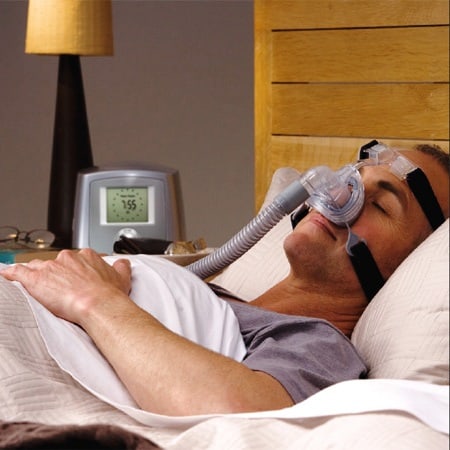There are many types of sleeping disorders such as sleep apnea, which itself has further sub-types, and there are multiple factors which can contribute both to trouble sleeping in general, and to not getting a deep sleep even if you sleep for a full eight hours. Knowing the signs that you may have a sleep disorder is important, not only because it could help you seek medical advice which could help you sleep more soundly, but also because many sleep disorders have further effects on your health than just being an inconvenience.
In fact, sleep disorders have been shown to cause other health problems as well, such as high blood pressure, heart attack, and even stroke. Therefore, knowing these signs, and watching out for them, could help prevent future complications down the road.
- Irritability and tiredness even after a normal night’s sleep: Irritability is a pretty good sign that something isn’t quite right with your sleep patterns. Because our bodies are designed not just to sleep for a certain amount of time each night, but to move through a series of “stages” of sleep, it is important that we achieve all of those stages to ensure that the biochemical reactions in our bodies occur as they should. Irritability is a sign that those chemical processes are in some way out of order, and that the patient may be suffering from a sleep disorder.
- Easily falling asleep after short periods of sitting still: Most people have the ability to sit for long periods of time while they work, read, watch television, or engage in any other productive or entertaining activity. Unfortunately, people who are suffering from sleeping disorders will be sleep deprived, and their bodies will attempt to take advantage of any perceived “down time.” Therefore, if you or someone you know tends to quickly fall asleep after they've been sitting for just a few minutes, or if they have trouble keeping their head up, then that is another strong indicator that they are experiencing sleep deprivation caused by a sleep disorder.
- Slow reactions to normal stimuli: One of the effects of alcohol, and many other drugs, is that it slows the body’s ability to react to external stimuli. This is because depressants partially relax our bodies in much the same way that our bodies relax themselves while we sleep. This is part of a defensive mechanism by the body which keeps us from harming ourselves or others while we dream. However, if our sleep cycles have been interrupted and we are sleep deprived, then our bodies will attempt to sleep at random times throughout the day, making someone suffering from a sleep disorder seem to have slow reactions, very similarly to someone who has consumed alcohol.
Making sure to observe someone's mood, their general emotional state, and how their body reacts to stimuli can go a long way in diagnosing sleeping disorders. Because sleep disorders can be both causes of, and caused by other health problems, it's extremely important to consult a doctor before taking on any medical plan.
Sleep Apnea and CPAP Machine
However, the most common sleeping disorder, sleep apnea, is caused by the muscles in the nasal passages relaxing to the point that the airways are partially or completely cut off. And, luckily, in most cases of sleep apnea the symptoms can be lessened by using a Constant Positive Airway Pressure (CPAP) machine.
